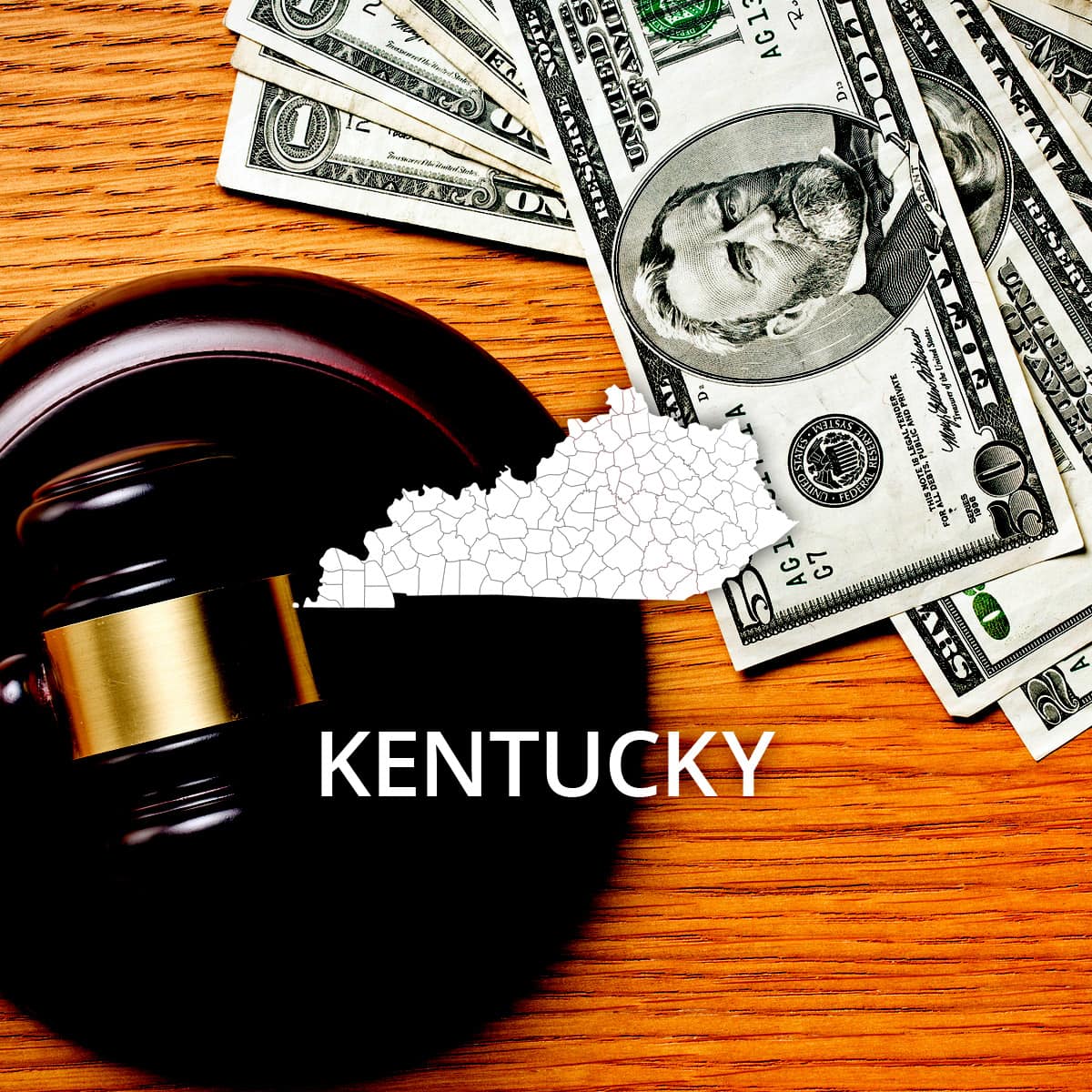 Multiple Bankruptcies: How Often You Can File One?
Multiple Bankruptcies: How Often You Can File One?
Table of Contents
 How to File Bankruptcy in Kentucky
How to File Bankruptcy in Kentucky
 According to the 2005 Bankruptcy Act, all states must adhere to federal standards for bankruptcy cases. These cases can be filed or heard in the District Courts of the States. There is an Eastern and Western District in Kentucky with 10 court locations between the two. Most common bankruptcy cases are Chapter 7, Chapter 11, Chapter 12 and Chapter 13.
According to the 2005 Bankruptcy Act, all states must adhere to federal standards for bankruptcy cases. These cases can be filed or heard in the District Courts of the States. There is an Eastern and Western District in Kentucky with 10 court locations between the two. Most common bankruptcy cases are Chapter 7, Chapter 11, Chapter 12 and Chapter 13.
 Filing for Chapter 13, Chapter 7, and Other Types of Bankruptcy in Kentucky
Filing for Chapter 13, Chapter 7, and Other Types of Bankruptcy in Kentucky
Many petitioners choose to file for Chapter 7 bankruptcy. Filing for Chapter 7 eliminates much, if not all, of an individual's unsecured debt. The petitioner releases his or her non-exempt assets to the court to liquidize and pay outstanding balances. This makes Chapter 7 an attractive option for those who have fewer assets and a lower income.
Another type of bankruptcy for individuals or married couples is Chapter 13. Differing from Chapter 7, this form of bankruptcy restructures debts so they may be paid off in a period 3 to 5 years. This is an attractive option for petitioners who wish to keep their homes and vehicles and maintain a steady stream of income to make payments.
Chapter 11 is a form of bankruptcy intended for businesses that require debt relief but wish to stay in operation. Filing for Chapter 11 helps a business protect assets and pay outstanding debt over a period of time, typically 3 to 5 years. Chapter 12 bankruptcy is similar but unique to family farmers and fishermen who seek financial assistance, but wish to keep working.
Official bankruptcy forms for the U.S. Bankruptcy Courts are available at https://www.uscourts.gov/forms/bankruptcy-forms or RecordsFinder.com Court Forms Section.
 Steps to Filing Bankruptcy
Steps to Filing Bankruptcy
Credit counseling is required of all petitioners of bankruptcy within approximately 6 months before filing. If an individual determines that bankruptcy is the route for them, he or she has many more steps to complete.
The first step is to determine for which type of bankruptcy a petitioner is eligible. This is done through a Means Test which compares the individual's income over the last 6 months with the income of other workers in Kentucky. If the petitioner's income is found lower, they may be eligible for Chapter 7; if the income is higher Chapter 13 is an option.
The next step is to gather the necessary documentation for court. This may include, but is not limited to: tax returns for 2 years, deeds on properties, vehicle titles, loan information, a list of all debts, an inventory of possessions, and monthly expenses. If Chapter 13 is being filed, a summary of debt repayment will need to be submitted as well.
This information, along with necessary forms, is all submitted together in what is referred to as "the schedule." Some petitioners choose to hire legal counsel to file for bankruptcy; others choose to file on their own. The cost to file for Chapter 7 is $306 and can be waived in some cases. Chapter 13 requires a $281 fee that cannot be waived.
Once the bankruptcy is filed, an automatic stay is put into place by the court. This keeps creditors from contacting the debtor and forces any foreclosure proceedings to halt. A court appointed trustee uses the non-exempt assets from each case to generate funds for repayment of outstanding debt. Also, the trustee arranges a 341 meeting where the creditors and debtors are able to negotiate terms. If no agreement can be reached, a judge will determine payment arrangements.
Lastly, a petitioner of bankruptcy must complete a financial management course to finalize the process. It is also the responsibility of any person filing for Chapter 13 to continually pay off debt during the agreed upon time period.
 Location Specific Information
Location Specific Information
Kentucky Bankruptcy Courts are divided into an Eastern District and Western District. The Eastern District has locations in the following cities: Ashland, Corbin, Covington, Frankfurt, Lexington, and Pikeville. On the Western side of Kentucky petitioners may go to these cities to file for bankruptcy, Bowling Green, Louisville, Owensboro and Paducah.



